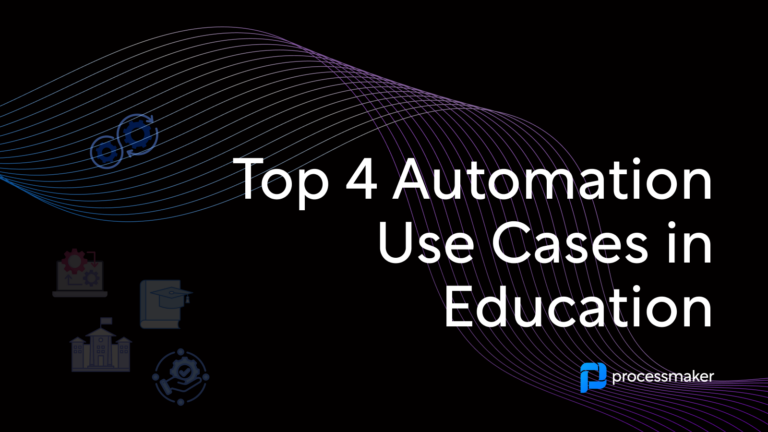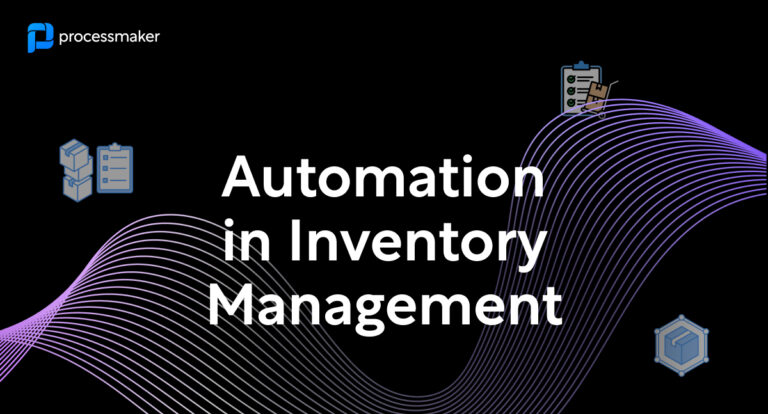“Going lean” is something organizations have been doing since the 1980s in the manufacturing business, later popularized in the 1990s by author Eric Ries with his book The Lean Startup. As enterprises manage more resources, the need for managing efficiently is critical. Lean isn’t just about reducing costs — it’s a way of thinking.
In this article, you will discover the three key concepts of lean process improvement and what your organization can achieve going lean.
What is lean process improvement?
Before understanding lean process improvement, we need to define “lean.” We define lean thinking as a system focused on eliminating waste through achieving quality, speed, and customer alignment. Toyota was the original developer of this concept in the manufacturing business.
One element of the Toyota Production System is that the necessary parts are made and delivered in the needed amounts at the right times. A special card called a kanban is used to make this possible. The kanban describes how many parts are used where and when, and is attached to the parts box. When a part is taken from the parts box and used, kanban is removed. The Kanban System is an accountability system that helps prevent factories from making excess parts or removing the possibility of allocating space for extra parts that were already made.
Like the Japanese with Toyota, lean process improvement can help businesses use resources more wisely while reducing waste. It is the process of continually reviewing a process identifying waste or areas in a process map that can be improved. This is a constant feedback loop that continues as a business progresses.
As the nature of work changes and markets get increasingly volatile, companies need to respond to new demands as quickly as possible. Lean process improvement offers a way to do just that.
The 3 Key Concepts of Lean Process Improvement
If your organization is struggling to develop or deploy on time, it may be time to consider lean process management. Improving processes using lean thinking can rapidly change the way a company can get work done. Lean process improvement involves three key areas, including:
- Purpose. The purpose of lean management is to deliver value to the customer. Once that value is defined, everyone can begin working together toward that goal. Leading teams with a shared vision and clear purpose is central to a lean organization.
- People. Everyone should be actively involved, thinking of constant improvement, and constantly thinking of the lean process management. Lean organizations are made possible with the combined approach of attitudes, goals, and ideas to make the business as efficient as possible.
- Process. Each process should be valuable, purposeful, and intentional. Each step should be linked to flow. Lean advocates believe that flawed or broken processes distract from the mission of lean, produce waste, and waste time. They empower everyone to identify and work to correct problems and improve processes.
When you implement a lean process improvement approach, an organization can do the following:
- Minimize waste
- Reduce inventory
- Increase productivity
- Improve quality
- Increase customer satisfaction
- Reduce costs
- Increase revenue
Lean process improvement extends beyond the manufacturing industry. Lean can also be applied to healthcare, finance, higher education, energy, and more.
Lean process against other methods
Lean thinking is comparable to a few other organizational management methods. Let’s break these definitions down a little to understand the differences.
Lean: Lean thinking is a system focused on eliminating waste through achieving quality, speed, and customer alignment. The whole idea is to be as resourceful and efficient as possible to deliver faster, more quality results.
Agile: Refers to any software development style that follows the 12 principles outlined in the Agile Manifesto. This was developed by 14 software development influencers to improve the way software was developed and shipped. Agile was inspired and is made possible by the original lean management theory of the Japanese company, Toyota.
Business process management (BPM): BPM is an approach that looks at an entire business process in a holistic manner to create a workflow that is more effective, efficient and capable of adapting to meet new market demands to accomplish organizational goals.
An effective BPM solution will offer an intelligent software solution (iBPM) that encourages both agile software development and process efficiency. BPM is a broader umbrella, a way of thinking that applies process-driven solutions across the board. Merging these methods yields the best results for productivity, development, and operational efficiency.
A combined approach to lean process
Perhaps your team is considering a holistic process management solution for your business. While lean, agile, and BPM seem like different methods, lean process improvement and agile principles are tools used in the greater umbrella method of BPM. BPM provides the framework and strategy for greater business efficiency, and lean provides the technique and tactics to reach greater process efficiency. The key is combining these approaches to make a stronger process management system for enterprises.
Continuous lean process improvement is a mindset, not a single campaign. An excellent BPM solution incorporates lean thinking and have an iBPM available on-premises, SaaS, in the cloud, or a hybrid combination. This hybrid option provides the best way to preserve resources while introducing new software into a company. The result? A better business marked by a cost-effective, organized, and flexible business strategy.
Considering going lean? Our award-winning iBPM platform specializes in delivering solutions that drive operational efficiency, connecting your current systems all on one platform. Learn more about our robust low-code workflow management solution by downloading our iBPM enterprise whitepaper.
About ProcessMaker
ProcessMaker is a low-code business process management and workflow software. ProcessMaker makes it easy for business analysts to collaborate with IT to automate complex business processes connecting people and existing company systems. Headquartered in Durham, North Carolina in the United States, ProcessMaker has a partner network spread across 35 countries on five continents. Hundreds of commercial customers, including many Fortune 100 companies, rely on ProcessMaker to digitally transform their core business processes enabling faster decision making, improved compliance, and better performance.





